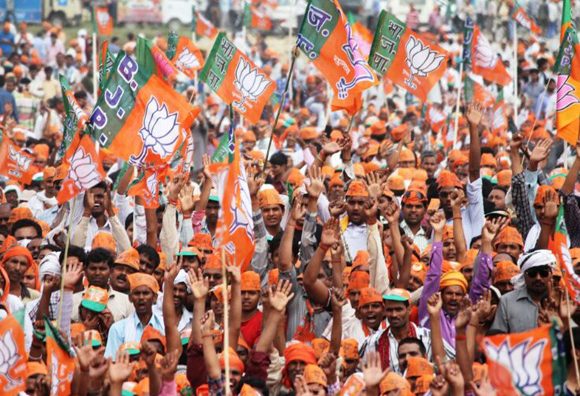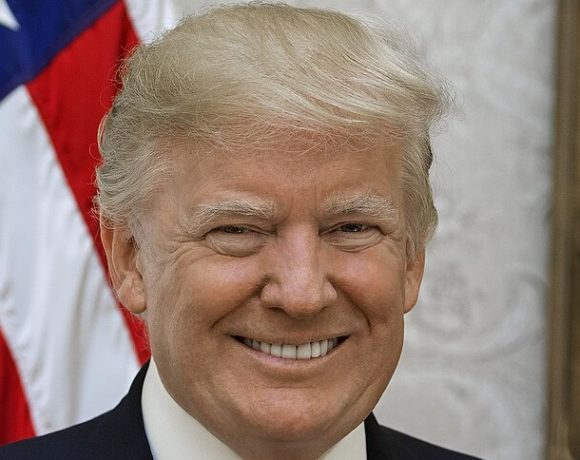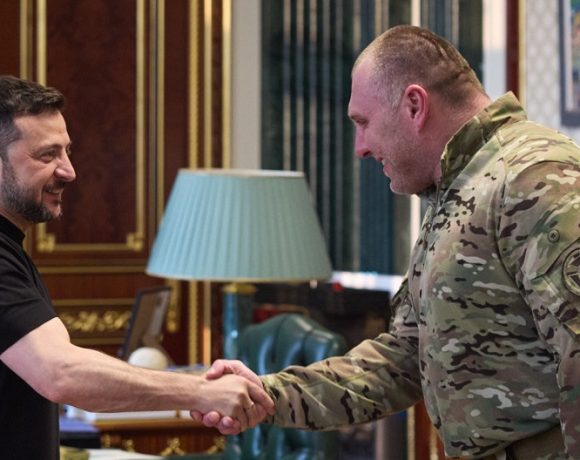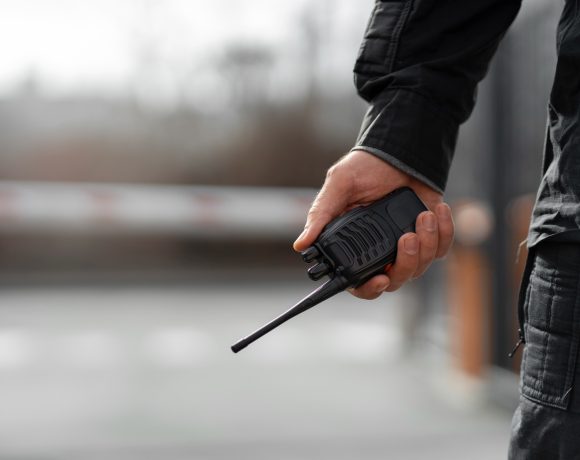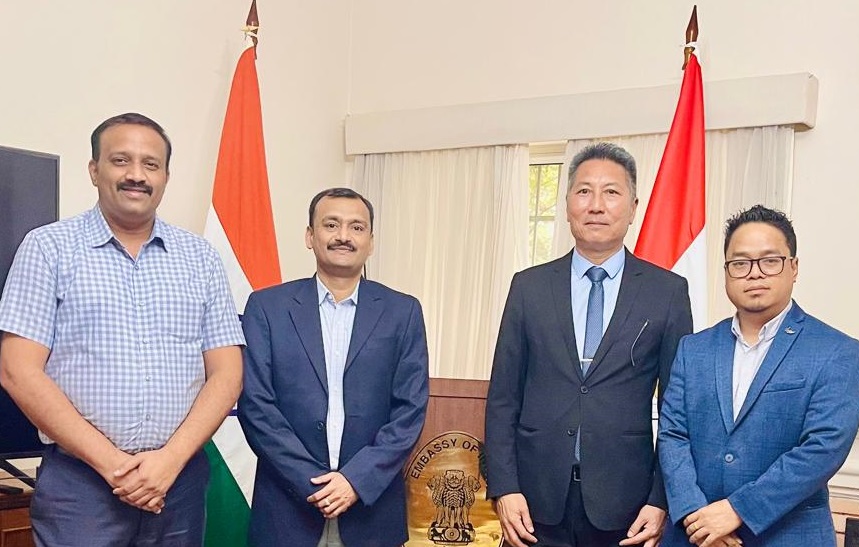
India Appoints Ambassador to North Korea After Four-Year Vacancy
India has appointed a new Ambassador to North Korea, ending a diplomatic freeze that left the embassy in Pyongyang without an envoy for four years. The move signals India’s intent to rekindle its engagement with a strategically positioned nation at the heart of East Asia’s geopolitical architecture.
The latest envoy, a seasoned Indian Foreign Service (IFS) officer, brings several years of regional experience to the post. His accreditation comes after sustained diplomatic dialogues, including visits by Indian officials to Pyongyang and formal discussions with North Korean counterparts. The reinstatement of resident diplomatic presence underscores India’s interest in stabilizing bilateral channels after a prolonged vacancy.
India–North Korea Ties
The period without an ambassador followed India’s decision in 2021 to step down from its UN Human Rights Council (UNHRC) seat—a move that triggered a freeze in interactions on human rights discussions. Despite this diplomatic hiatus, India maintained minimal connections via its embassy in Beijing and liaison officers in Pyongyang. Trade and cultural exchanges continued on a limited footing, reflecting mutual restraint and discretion.
Strategic Re-Engagement
The appointment arrives amid a broader recalibration of India’s foreign policy, as New Delhi seeks balanced relationships across global hot spots. Analysts suggest drawing Pyongyang into Asia’s strategic framework offers India leverage in wider regional architectures—particularly in forums concerned with security, demilitarization, and human welfare.
What This Signals
- India will once again have a full diplomatic presence in Pyongyang—enabling improved coordination on consular affairs and regional reporting.
- The move may facilitate deeper dialogue on North Korea’s nuclear and missile programs, especially within multilateral platforms like the United Nations.
- It enhances India’s capacity to influence denuclearization and peace negotiations by engaging diplomatically on the ground and through international backchannels.


